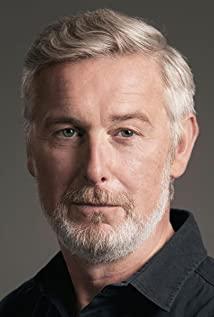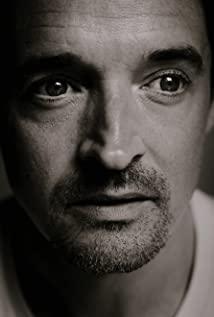The film could have been filled with justice and feminism, but it was weakened by a chaotic and clumsy script and a weak theme, turning a good story into a soap opera full of preaching and fragmented
.
Mary Elle Fanning's performance is good, but her interpretation of the story does not have a brilliant arc, but a linear, Wikipedia-style character journey
.
The director of the film took a moderate attitude on the topic of equality, and did not regard the conflict between Mary’s “self-expression” and the patriarchal society as the core contradiction of the film. Instead, in the ending, Shelley’s confession became an understanding of patriarchy. , Mary’s independent expression was eventually naturalized into the old logic of power by relying on the recognition of men, which is a great pity for the film
.
Interpreting Mary Shelley, a female character burdened with a miserable past and grim reality, is a small breakthrough for Mary Elle Fanning, although there are still some flaws that can't support this deeply accumulated figure. In addition to the lack of temperament, Fanning's role of Mary Shelley faces another problem, which is the failure of the film's emotional rendering. The treatment of Mary's bereavement is as careless as Shelley who is a father. The rough emotional pavement of the incident that directly influenced Mary Shelley's creation of "Frankenstein" caused the possibility of this character's image to become full. The actions and changes in the second half of the film appear to be sudden and inevitable. Fortunately, other parts of the film have commendable photography and soundtracks to make up for the effect, and the film as a whole is not distorted. However, the transition is too fast and the audience is always a little caught off guard
.











